 This is the 36th post in a series on Booby Traps, made possible by the generous support of Motherlove Herbal Company.
This is the 36th post in a series on Booby Traps, made possible by the generous support of Motherlove Herbal Company.
When I started began my first job working in a hospital, my IBCLC mentor explained what happened at the holidays on the maternity unit. The formula company salesman, she said, would arrive with a gigantic box of Godiva chocolates for the childbirth unit staff. Wanting to be generous at the holidays, too, my mentor brought in her own gift - a plate of oatmeal raisin cookies - and set it down beside the chocolates.
That image - Godiva chocolates vs. oatmeal raisin cookies - has lived on in my mind as a David vs. Goliath representation of what we, as breastfeeding moms and supporters, are up against.
And unfortunately it lives on in the form of other gifts and incentive programs designed by formula companies to promote their brands, and formula feeding, among hospital staff. A lactation consultant friend who works in a California hospital told me that her stomach sinks every time she hears a nurse call down the hall, “The formula company guy brought frapuccinos again!” My award for most egregious example? An incentive program which a doctor actually had the poor sense to explain to a mom this way: “If I tell you that ‘Lipil is the best’, then we get free catered lunches from Panera!”
I do have hope that this will change, as companies and hospitals come under more pressure to stop gifts from pharmaceutical representatives (from the same parent companies that produce formula). There are signs that someday the oatmeal raisin cookie will prevail over the Godiva chocolates.
For an explanation of all this, we asked Marsha Walker, executive director of the National Alliance of Breastfeeding Advocacy and author of Still Selling out Mothers and Babies, to explain how formula company gifts to your hospital providers might influence the kind of breastfeeding care you get.
Are you getting the best lactation care and services in the hospital after you have a baby? Or have the nurses and physicians fallen under the spell of food, gifts, and hype from the formula company salespeople that haunt the hallways of most maternity units in the U.S.?
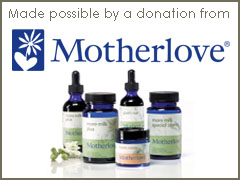 Formula manufacturers know that most people understand when they are the target of advertising, being easily able to recognize an ad when they see or hear one. So to create a more effective sales force for pitching formula, they enlist the help of trusted nurses and physicians, as most patients trust that advice from their health care providers is given with the patient’s best interest in mind. Nurses and physicians are routinely wined and dined with expensive dinners, lunches brought onto the maternity unit, distribution of gifts to staff, and all sorts of other gimmicks to convince the staff that formula is as good as breastmilk, and that brand X is better than any of the others. This paves the way for the easier flow of formula when breastfeeding problems arise or when patients ask which is the best formula to use. That question is not necessarily answered with scientific evidence but all too often with the name of the brand whose salesperson just provided food or gifts for the staff.
Formula manufacturers know that most people understand when they are the target of advertising, being easily able to recognize an ad when they see or hear one. So to create a more effective sales force for pitching formula, they enlist the help of trusted nurses and physicians, as most patients trust that advice from their health care providers is given with the patient’s best interest in mind. Nurses and physicians are routinely wined and dined with expensive dinners, lunches brought onto the maternity unit, distribution of gifts to staff, and all sorts of other gimmicks to convince the staff that formula is as good as breastmilk, and that brand X is better than any of the others. This paves the way for the easier flow of formula when breastfeeding problems arise or when patients ask which is the best formula to use. That question is not necessarily answered with scientific evidence but all too often with the name of the brand whose salesperson just provided food or gifts for the staff.
Creating a benevolent image of a formula company and assuring brand loyalty to a specific brand of formula is accomplished is some eye-opening ways. One clever formula salesperson conducted a bottle cap contest for the nurses, offering a gift certificate to a fancy store to the nurse who collected the most formula bottle caps. A nurse would walk into a mother’s room with a formula bottle, remove the cap, leave the bottle with the mother (whether it was needed or not, whether the mother was breastfeeding or not), put the nurse’s name on the cap, and place it a bag that was later collected by the formula salesperson who then counted the caps and awarded the prize. Another salesperson offered prizes to hospital maternity units who gathered the most nurses to listen to an audio presentation on using formula. Hospital staff are routine regaled with piles of glossy reprints and handouts extolling the benefits of their formula and urging health care providers to recommend it to new mothers. Food, flattery, and friendship are offered to staff for the purpose of developing loyalty to a product in order to circumvent evidence-based practice.
It is really time to stop this kind of approach to peddling pricey formula to new mothers. Who wants health care delivered to them from a commercial perspective? Families deserve better than this. Mothers who deliver their babies at a hospital with the Baby Friendly designation are assured that corporate loyalty does not supersede evidence-based health care. All staff at a Baby Friendly hospital have been trained in proper breastfeeding support and do not act as marketing reps for a particular brand of infant formula. If your hospital is not Baby Friendly, ask why. Baby Friendly hospitals have the best interest of all their infants in mind, not just the breastfed ones. Isn’t this what all families are entitled to?
Do you know if your providers accept gifts from formula companies? Do you think it can influence the kind of care you get?



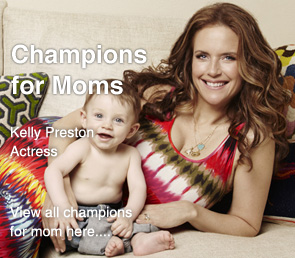
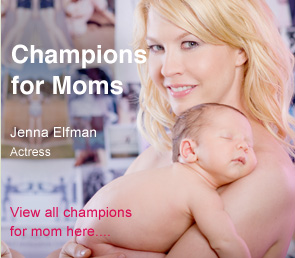
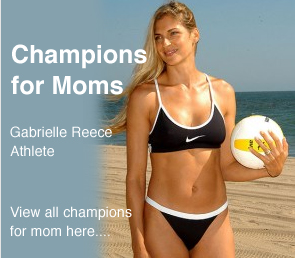
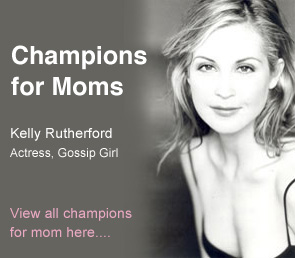
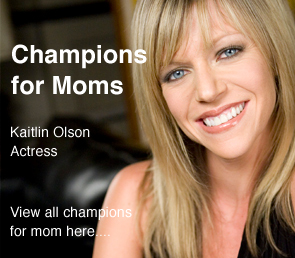
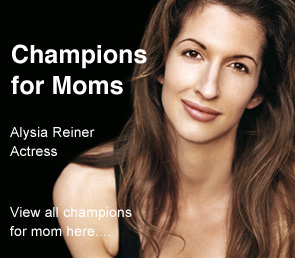
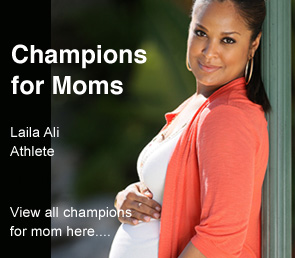
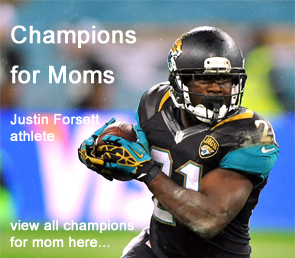
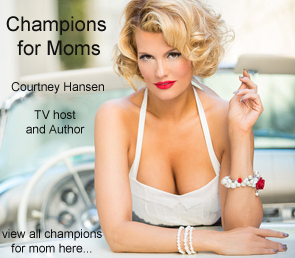
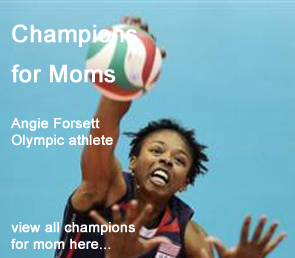
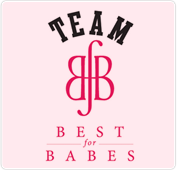

getting gifts from the formula companies did not effect how my doctor felt i should feed my baby. breast-feeding was really pushed more than the formula. i tried to keep it up but was only able to breast feed for a short time. i was sent to support groups. even though the dr did promote formula. i think it really depends on the doctor.
I once came across a video of my (former) ped giving breastfeeding advice on a formula company’s website. It was heavy on the difficulties mothers may encounter. And while I think women do need to hear that part of it too, I’m going to take a wild guess if you are visiting a formula website you are looking for info on NOT breastfeeding, and a video like that is just going to confirm your decision, not help you stick with it (or even give it a try). I always wondered what she got for doing that video…
I was super lucky to have a great breastfeeding consultant. My milk hadnt come in and baby had a high pallete and had trouble latching so I had to supplement formula the last day or two I was in the hospital. We were asked, similac or enfamil and if we had another preference they would try their best to get it for us. The head nurse actually got us print outs of all the ingredients and went over them with us so we could all decide together. It is well understood by everyone there that Breast is Best. I was terrified it would be different but, I got lucky.
On my last day my nurse asked if I wanted the other free gifts even though I already had some….heck yea I wanted free stuff. We giggled while she packed my bags with free baby gear and organizers since we both knew I’d never give any of those companies my money.
I know I have read check out paperwork claiming my exclusively breast fed baby was both breast feeding and using formula. I didn’t notice until I was home much later…and wondered if the baby had been given formula when in the nursery for a hearing screening or some other time.
They probably got bonuses for saying that they gave your baby formula whether they did or not I guess you’ll never know. It’s sick in my opinion, how much money they spend trying to get mothers do NOT breastfeed! This country is way too driven by corporate profits. )c:
I work in financial services in Australia. We are forbidden by law to accept any form of alternative remuneration (free stuff) from companies. We are also not allowed to receive volume-based incentives (stops people sticking everything with one company just to get a bonus). Any remuneration we do receive MUST be disclosed very clearly in writing multiple times to the client.
This is to protect our clients and attempts to ensure that we have their best interests in mind when giving them advice about products. It is trying to make our advice independent, as it is widely acknowledged that some professionals are swayed by these marketing tactics and if given the opportunity would put their best interest ahead of their clients’.
What a shame that the same importance is not placed on health as it is on money.
Doctors can freely accept free samples and other alternative remuneration with little regard given to the threat to the independence of their advice. My doctor and dentist regularly hand me little samples of products they have been sent for free. Them handing the product to me implies their approval of it over other options - whether they (or I) realise that consciously at the time.
Yes, some doctors will not be affected by the onslaught of marketing. But the reality is that most will be to varying extents. Some disastrously so. I shudder at the thought of the effect that volume-based pharmaceutical sales target would have on prescription rates…I don’t think I want to know if such a thing exists.